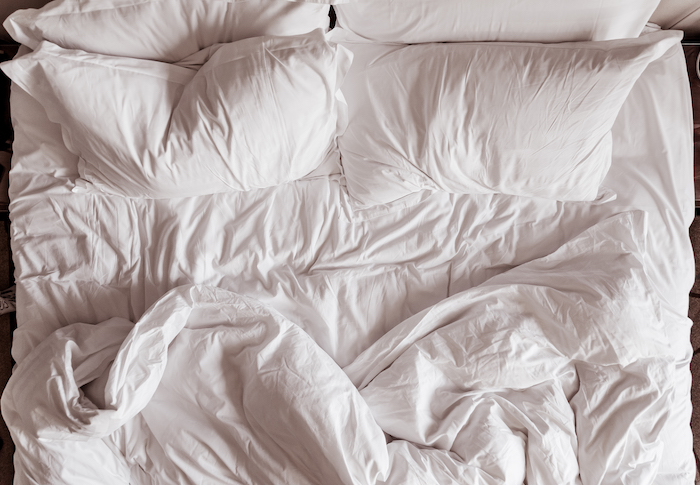
When shopping for bedding, thread count is one of the most talked-about factors. But what exactly is thread count and does it really matter? The answer is yes, thread count does play a role in the quality of your sheets. But there's more to it than just a high number on the label. In this blog post, we'll delve into the world of thread count and give you all the information you need to make an informed decision when choosing your bedding.
Let's start by defining what thread count actually means. Thread count is the number of threads woven into one square inch of fabric. These threads are counted both horizontally (weft) and vertically (warp). So, a 200 thread count sheet would have 100 vertical threads and 100 horizontal threads per square inch. It seems logical to assume that the higher the thread count, the better the quality of the sheet, but it's not quite that simple.
Thread count is just one factor in determining the quality of the sheet. The type of cotton used, the weave, and the finishing process are all important factors as well. Egyptian cotton, for example, is known for its high quality and softness, but even a lower thread count Egyptian cotton sheet can be superior to a higher thread count sheet made of a lower quality cotton. The weave of the fabric can also affect the feel of the sheet. A percale weave will result in a crisp, cool feel while a sateen weave will give a soft, smooth feel.
So, what thread count should you aim for? As a general guide, a thread count of 200-300 for percale weave sheets and 300-600 for sateen weave sheets is ideal. Anything over that is generally a marketing ploy rather than a true indication of quality. Once you've found a sheet within that range, it's important to feel it for yourself. Remember that personal preference plays a big role in choosing the right sheet for you.
Another important factor to consider is that a higher thread count doesn't necessarily mean a more durable sheet. In fact, sheets with a very high thread count can be more prone to pilling and wear and tear. This is because the high number of threads packed tightly together can cause the fibers to break down more easily. So, don't assume that a higher thread count automatically translates to a better quality sheet.
In conclusion, while thread count is an important factor to consider when choosing your bedding, it's not the be-all and end-all. The quality of the cotton, the weave, and the finishing process are all just as important. Use thread count as a general guide but always feel the sheet for yourself before making a purchase. And remember, a higher thread count doesn't automatically guarantee a better quality sheet. So, take your time, do your research, and invest in a good quality sheet set that will give you years of peaceful sleep.
